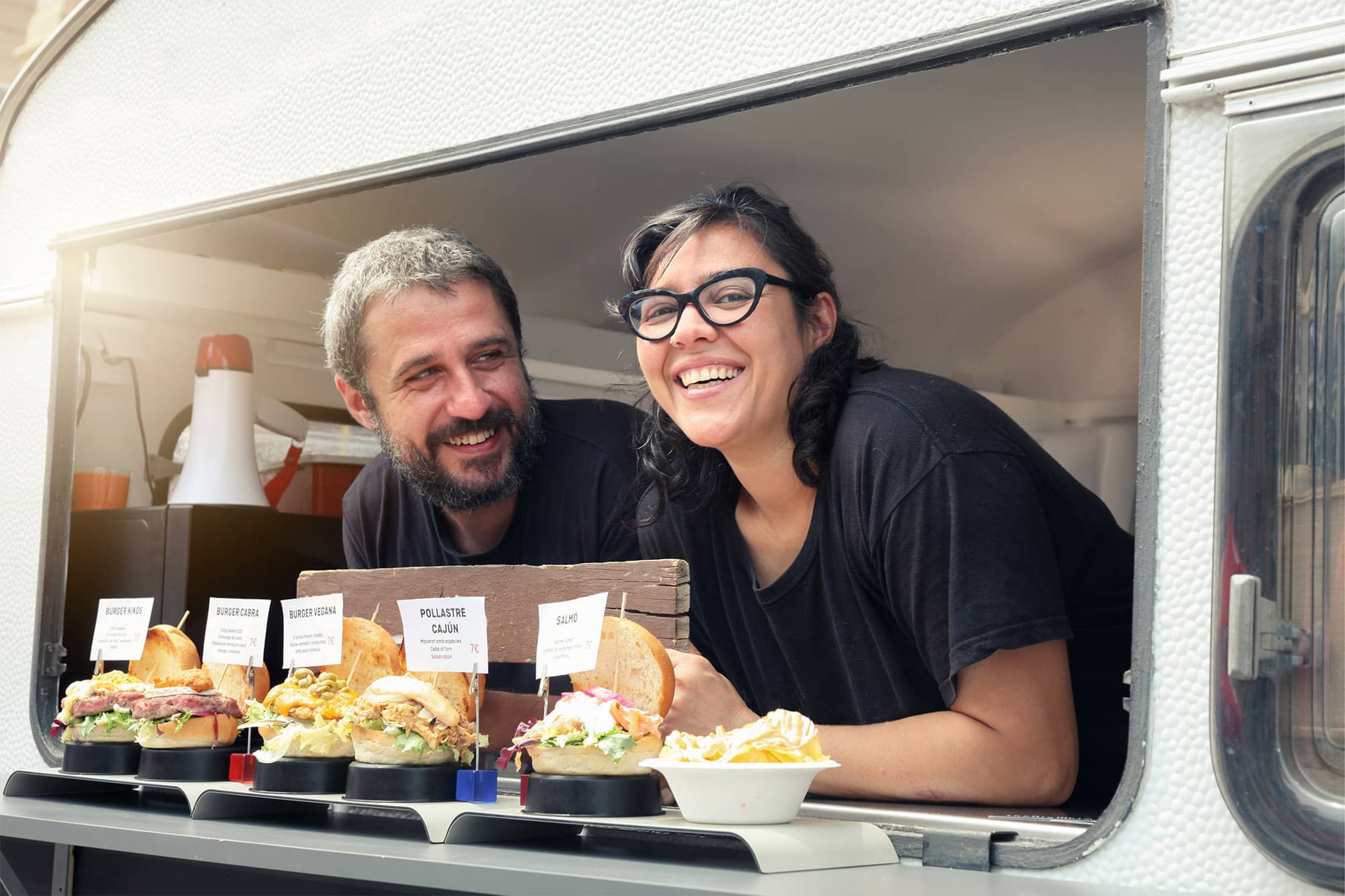For a few years now, we have been watching the rise of food trucks throughout Australia. We have seen an increase in food truck parks and festivals where many gather to devour their favourite dishes, from dinner to dessert, all from different vendors.
The concept of food trucks has been around for years, from its humble beginnings at fairs and festivals across Australia. So as trends come and go, will the movement of the food truck stay? And will this be impacted by the effect the pandemic has placed on the hospitality industry?
Many restaurateurs began opening food trucks as a more financially friendly way to start their own hospitality business. Since there was no need to rent a shop or venue to house their business, it created easy access for many who aspired to create their culinary masterpieces.
COVID-proof businesses: Food trucks, exclusive ‘appointment’ dining, tech support and self care https://t.co/0kPycdPK3h
— todayheadline (@TodayHeadline42) August 14, 2021
Not only does a mobile food business come with many benefits from a business and financial perspective, but it also opens culinary avenues to socio-economic groups who previously didn’t have the option. Over the past five years, this has created better diversity throughout the industry.
So, in 2020 when the Australian economy suffered hugely because of the pandemic, the hospitality industry was hit hard. Layoffs and closures were happening everywhere, and all we could do was sit and wait to see what would happen.
Since the investment for a mobile food business is significantly lower, food trucks are easily next to become a popular business model. For those who lost too much during 2020 and couldn’t resume business from bricks and mortar locations, moving their business mobile was the next best option without having to close permanently.
Mobile food businesses also mean that you can move around to your customers. This is a great way to build a customer base and see what areas your business is most prevalent in.





